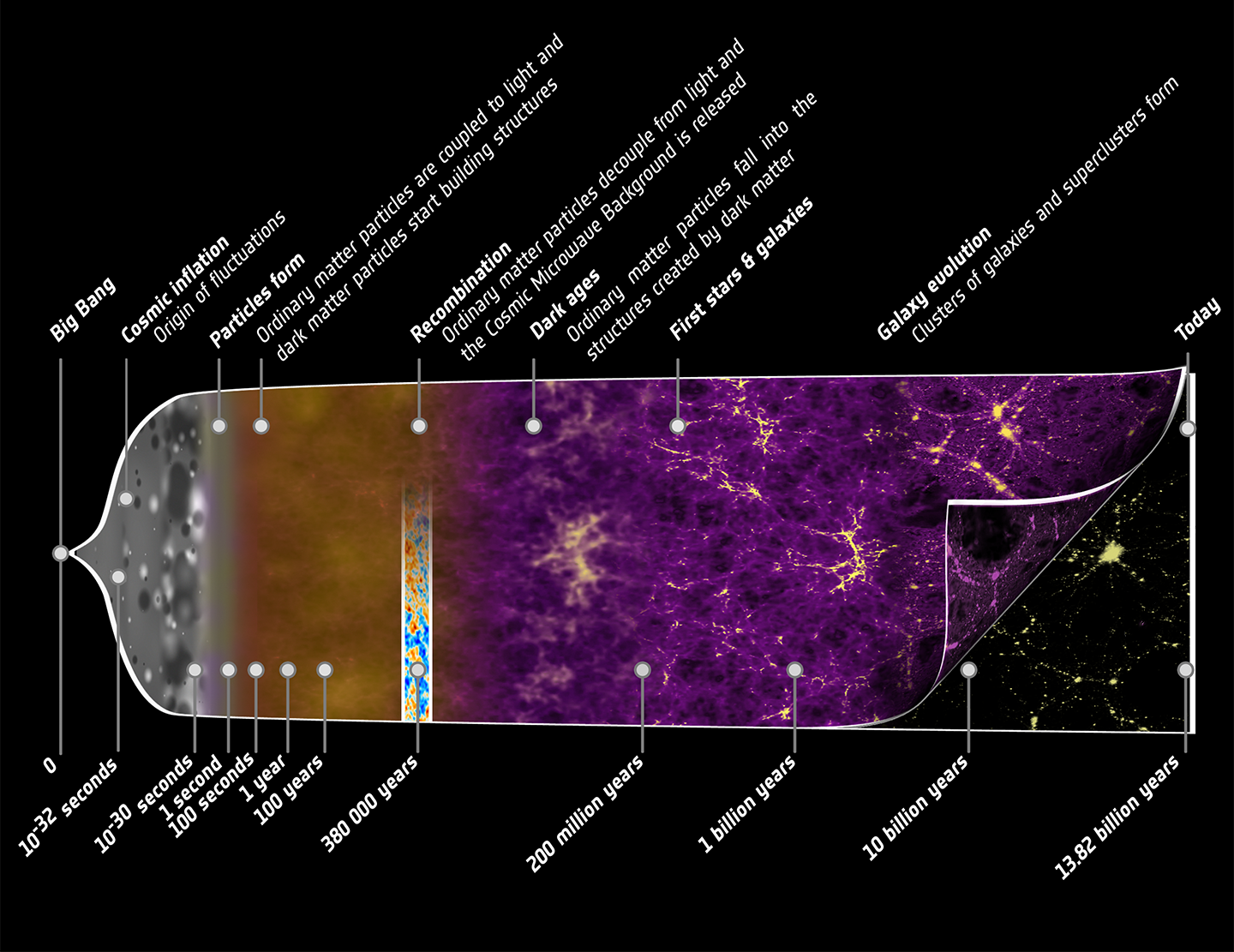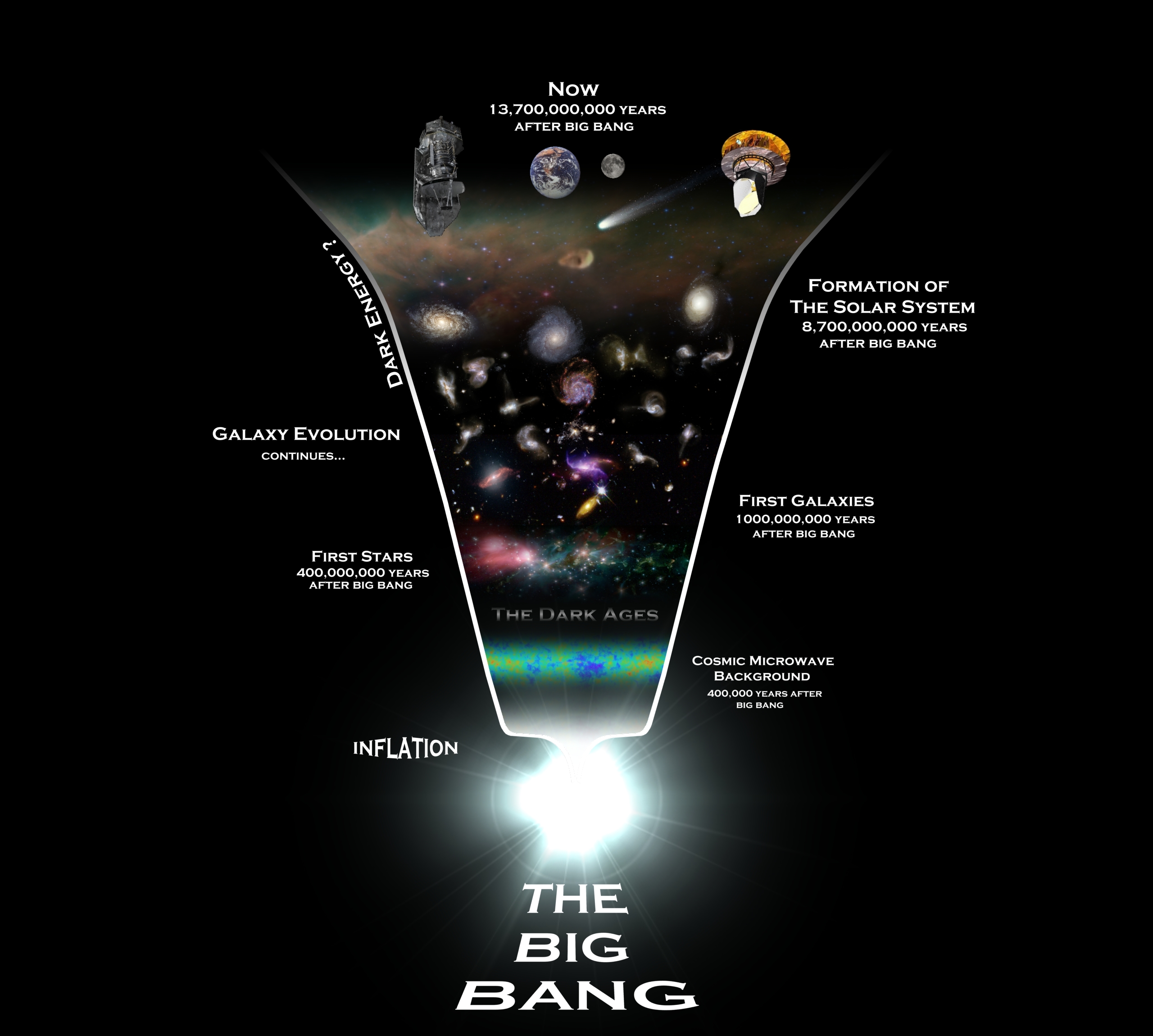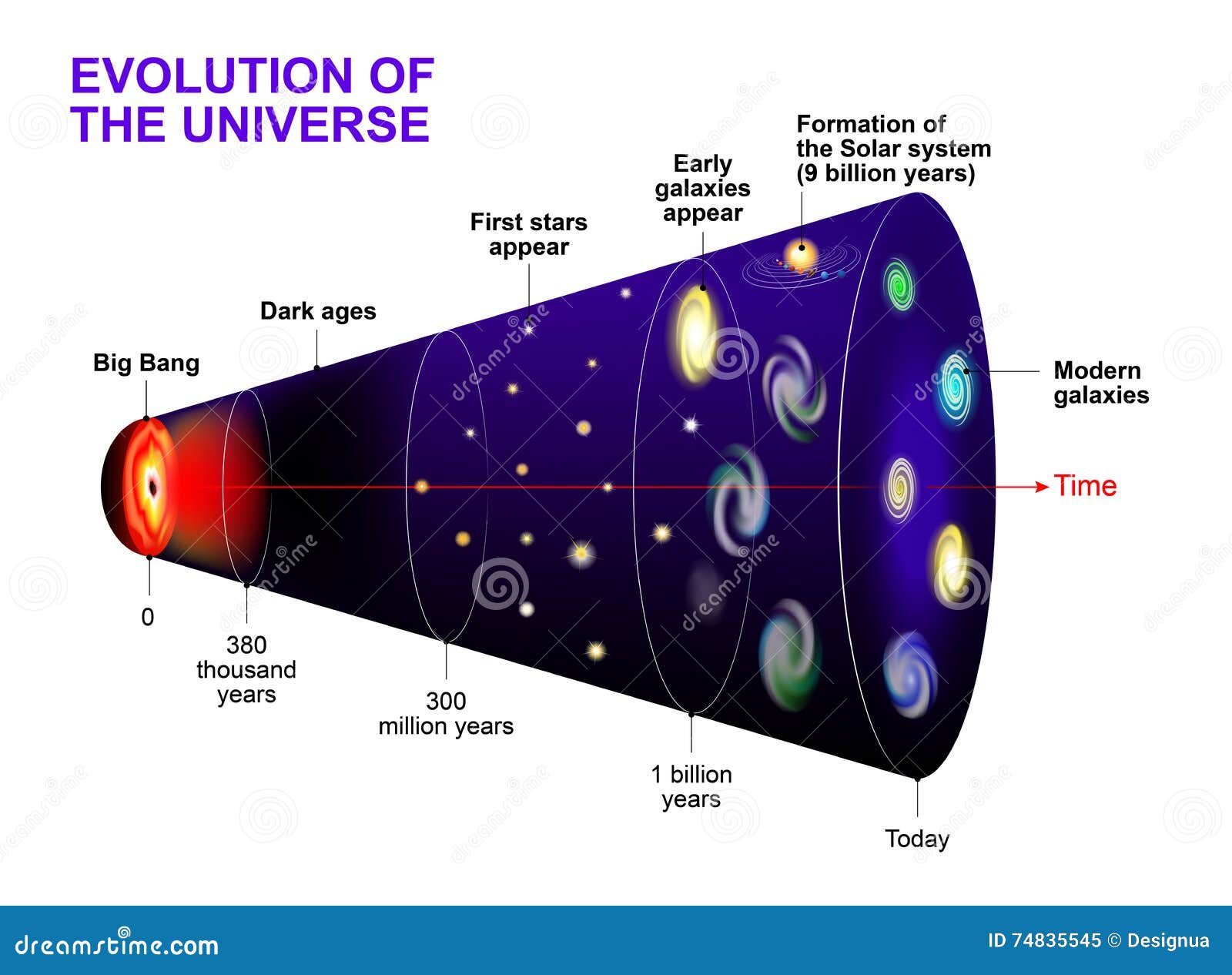What's After Universe: Exploring The Infinite Possibilities Beyond Our Cosmic Borders
Imagine this: You’re staring at the night sky, feeling tiny yet connected to something far greater than yourself. The universe, vast and mysterious, has always been a source of wonder for humanity. But what’s after the universe? Is there something beyond the stars, galaxies, and black holes that we can’t even comprehend? This question has puzzled scientists, philosophers, and dreamers for centuries. Today, we’re diving deep into this cosmic mystery, and trust me, it’s gonna blow your mind.
For as long as humans have existed, we’ve been fascinated by the unknown. From ancient myths to modern science, our curiosity about the universe has driven us to explore, discover, and question. But the concept of "what’s after the universe" takes that curiosity to a whole new level. It’s not just about what’s out there—it’s about what might exist beyond the boundaries of everything we know.
In this article, we’ll unravel the mysteries of the cosmos, explore mind-bending theories, and dive into the possibilities of what could lie beyond the universe. So grab your space helmet, buckle up, and let’s embark on this intergalactic journey together!
- Unveiling The Truth About Madi Ruve Nudes Facts Fiction And Everything Inbetween
- Sahil Kapur Wikipedia The Ultimate Guide To The Rising Star
Table of Contents
Introduction: What's After the Universe?
The Expanding Universe: A Quick Recap
Multiverse Theory: Are There Other Universes Out There?
- Jimmy Garoppolo Wife The Story Behind The Nfl Stars Love Life
- Whats The Deal With Quiero Agua Videos A Deep Dive Into Controversial Content
Quantum Physics and the Fabric of Reality
Pushing Cosmic Boundaries: What Lies Beyond?
Scientific Perspectives on the Universe's Limits
Philosophical Views: Is the Universe Infinite?
Religion and the Universe: Spiritual Insights
Technology and Exploration: How Far Can We Go?
Conclusion: The Endless Quest for Knowledge
The Expanding Universe: A Quick Recap
Before we dive into what’s after the universe, let’s take a moment to understand what we know about the universe itself. Scientists have discovered that the universe is constantly expanding. This expansion, driven by mysterious forces like dark energy, means that galaxies are moving farther apart over time. It’s kinda like blowing up a balloon—everything on the surface gets further away from each other as the balloon grows.
But here’s the thing: if the universe is expanding, does that mean there’s something beyond its edges? Or is the universe infinite, with no real boundaries at all? These are the questions that keep physicists awake at night, and they’re exactly what we’re gonna explore in this article.
Key Facts About the Expanding Universe
- The universe is approximately 13.8 billion years old.
- It began with the Big Bang, a massive explosion of energy and matter.
- Galaxies are moving away from each other at increasing speeds due to dark energy.
Multiverse Theory: Are There Other Universes Out There?
Now, let’s talk about one of the most mind-blowing theories in modern science: the multiverse. The multiverse theory suggests that our universe might not be the only one. In fact, there could be an infinite number of universes, each with its own laws of physics and unique characteristics. Crazy, right?
Some scientists believe that these parallel universes might exist in different dimensions or timelines. For example, in one universe, you might be reading this article, while in another, you’re out exploring the stars. The possibilities are endless, and the implications are mind-boggling.
Types of Multiverses
- Inflationary Multiverse: Universes created during cosmic inflation.
- Quantum Multiverse: Universes generated by quantum mechanics.
- Mathematical Multiverse: Universes based on different mathematical structures.
Quantum Physics and the Fabric of Reality
Quantum physics is where things start to get really weird. At the smallest scales, particles don’t behave the way we’d expect. They can exist in multiple places at once, disappear and reappear, and even communicate instantaneously across vast distances. This strange behavior has led some scientists to speculate that our understanding of reality might be incomplete.
Could quantum mechanics hold the key to understanding what’s after the universe? Some researchers believe that the fabric of reality might extend beyond the boundaries of our observable universe, creating a web of interconnected dimensions and possibilities.
Pushing Cosmic Boundaries: What Lies Beyond?
So, what’s actually out there beyond the universe? Well, the truth is, we don’t know. Scientists have proposed several theories, from the multiverse to the idea of a cyclic universe that expands and contracts over time. Some even suggest that the universe might be a simulation, created by a higher intelligence or advanced civilization.
While these ideas might sound like science fiction, they’re actually based on real scientific principles and observations. The more we learn about the universe, the more we realize how little we truly understand.
Exploring the Unknown
- Scientists use telescopes and space probes to study distant galaxies and cosmic phenomena.
- Supercomputers simulate the behavior of particles and forces to test theoretical models.
- International collaborations bring together experts from around the world to tackle these big questions.
Scientific Perspectives on the Universe's Limits
When it comes to understanding what’s after the universe, scientists have different opinions. Some believe that the universe is infinite, with no real boundaries or edges. Others argue that there must be something beyond, whether it’s a multiverse, a higher-dimensional space, or something we can’t even imagine.
One thing is certain: the search for answers is driving some of the most exciting research in physics today. From the Large Hadron Collider to the James Webb Space Telescope, scientists are using cutting-edge technology to explore the mysteries of the cosmos.
Philosophical Views: Is the Universe Infinite?
Philosophers have been pondering the nature of the universe for thousands of years. Some argue that infinity is a concept that can’t exist in the physical world, while others believe that the universe must be infinite to explain its complexity and diversity.
One interesting perspective is the idea of "potential infinity," where the universe is finite but has the potential to expand indefinitely. This view aligns with current scientific theories about the expanding universe, but it raises new questions about the nature of time and space.
Religion and the Universe: Spiritual Insights
Many religious traditions offer their own interpretations of the universe and its origins. For example, in Christianity, the universe is seen as a creation of God, while in Hinduism, the universe is part of an eternal cycle of birth, death, and rebirth.
These spiritual perspectives provide a different lens through which to view the mysteries of the cosmos. While they may not offer scientific answers, they can inspire awe and wonder, reminding us of our place in the grand scheme of things.
Technology and Exploration: How Far Can We Go?
Advances in technology are opening up new possibilities for exploring the universe. From robotic probes to manned missions, humanity is pushing the boundaries of what we can achieve in space. But how far can we go? And what will we find when we get there?
Projects like the Artemis program and the development of reusable rockets are bringing us closer to answering these questions. As we continue to explore the cosmos, we may uncover clues about what lies beyond the universe—and maybe even find evidence of other intelligent life forms.
Conclusion: The Endless Quest for Knowledge
So, what’s after the universe? The truth is, we may never know for sure. But that’s the beauty of the unknown—it inspires us to keep asking questions, keep exploring, and keep dreaming. Whether through science, philosophy, or spirituality, the quest to understand our place in the cosmos is one of humanity’s greatest adventures.
As you ponder these cosmic mysteries, I encourage you to share your thoughts in the comments below. What do you think lies beyond the universe? And how can we continue to push the boundaries of our knowledge? Together, we can unlock the secrets of the cosmos and discover what’s truly out there.
Until next time, keep gazing at the stars—and don’t forget to dream big!
- Dani Speegle Naked A Comprehensive Exploration Of The Viral Sensation
- Lorna Tolentino And Lito Lapid The Iconic Love Story That Defined Philippine Cinema

timeline What's happened given that the Big Bang Passeport

Principe anthropique et minitrous noirs selon JeanPierre

Evolution of the Universe stock vector. Illustration of galaxy 74835545